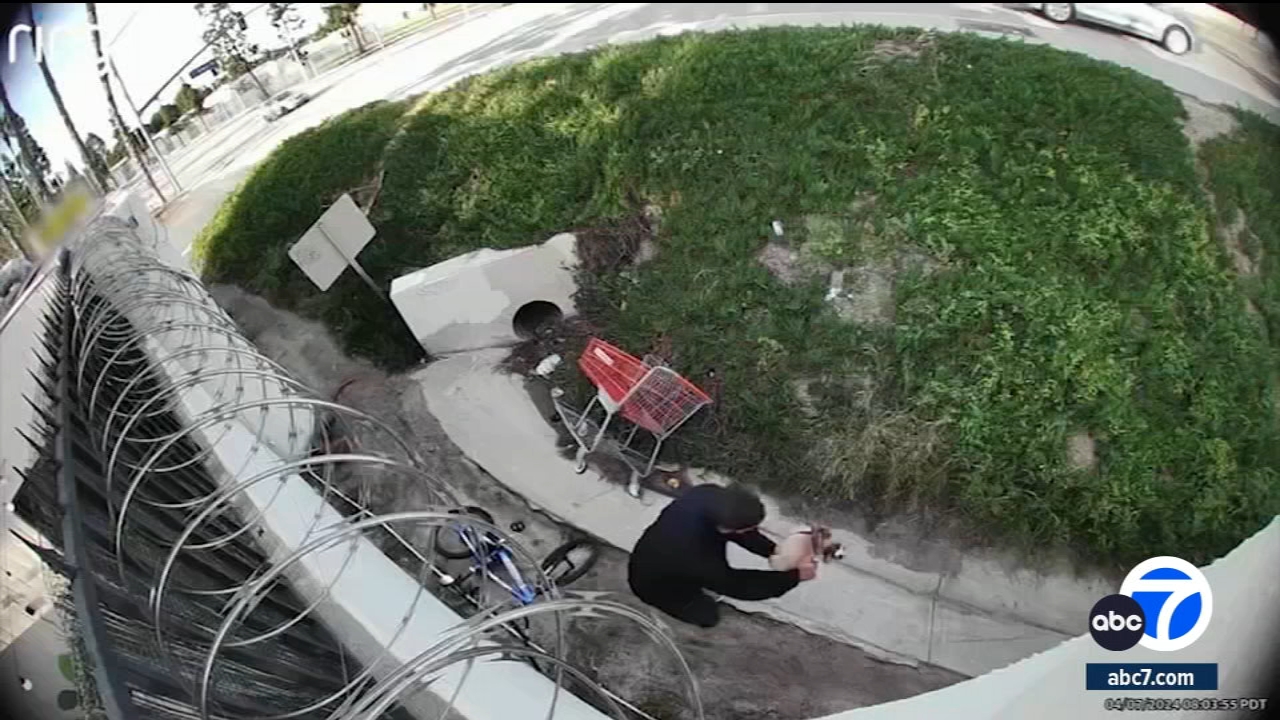Residents express concerns over high-speed rail through Angeles National Forest
LOS ANGELES (KABC) -- United in their opposition to build California's high-speed rail line through the Angeles National Forest, residents packed a Lake View Terrace church. They voiced their concerns over how their way of life would be permanently disrupted.
"The only noise that we like to hear around here is the singing of the coyotes, the hawks screeching overhead, maybe our neighbors' mule braying," said Nikki Ahten of Shadow Hills.
Several communities in the path of three proposed East Corridor routes are home to people who own horses. Residents of Kagel Canyon made a video so rail officials in the audience could see the area through their eyes.
"Here in Kagel Canyon, the horse is our method of high-speed transportation," one resident said.
Many residents worry the area's equine industry would suffer. They're also concerned about the natural springs that feed the Little Tujunga Watershed.
"The hydrology of springs like this are extremely sensitive," said Kristin Sabo of Save Angeles Forest for Everyone (SAFE). "If you do surface construction, you can reroute damage or destroy them.
Also at issue is the volume of trucks needed to remove the dirt after tunneling through the forest.
"That means we got nearly nine-and-a-half million cubic yards of dirt that's got to be hauled away," said contractor Jan Slort.
The High-Speed Rail Authority says it wants public input before deciding on a route and starting environmental studies.
"We do understand that and it's completely valid," said Valerie Martinez of the High-Speed Rail Authority. "However, it truly is coming from a place of let's talk to you before we start getting things actually engineered. Let's talk about the community impacts. Let's talk about the political impacts. Let's talk about the impacts to schools and kids."




